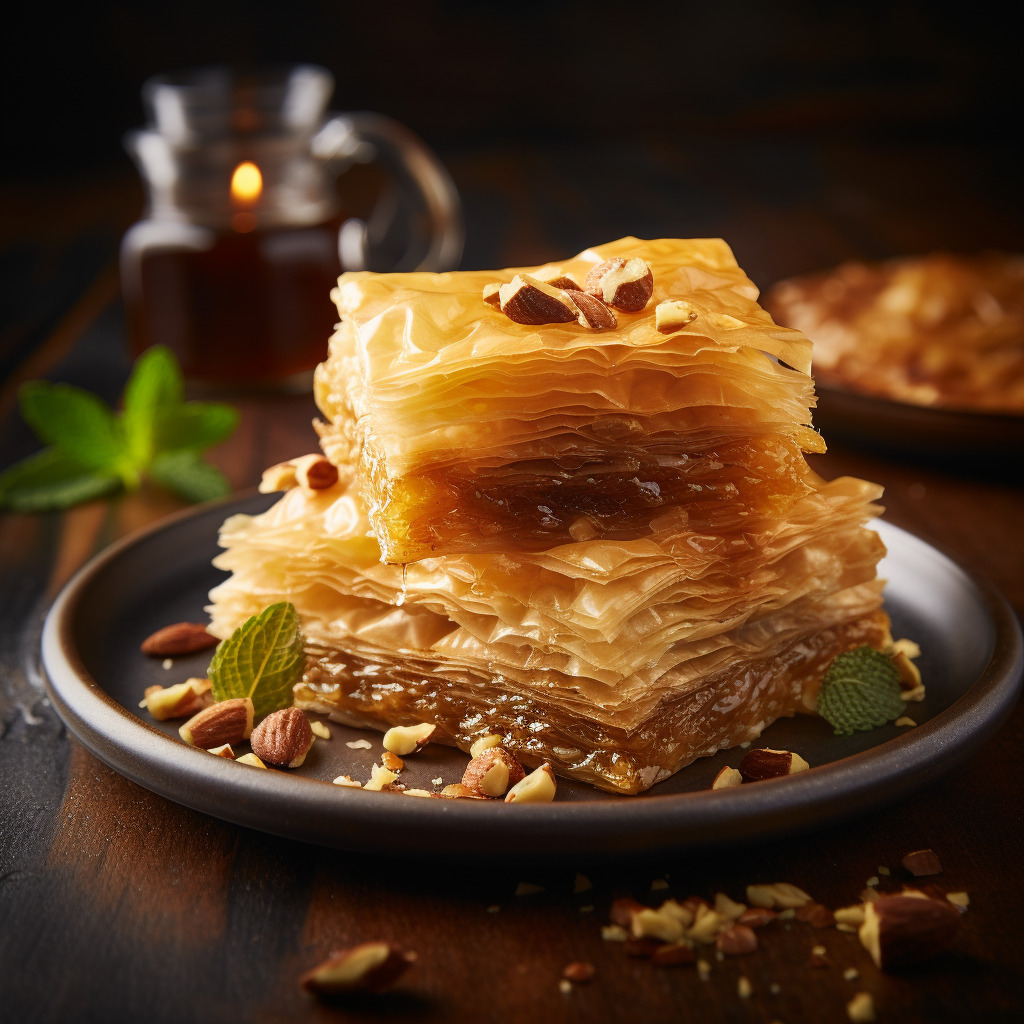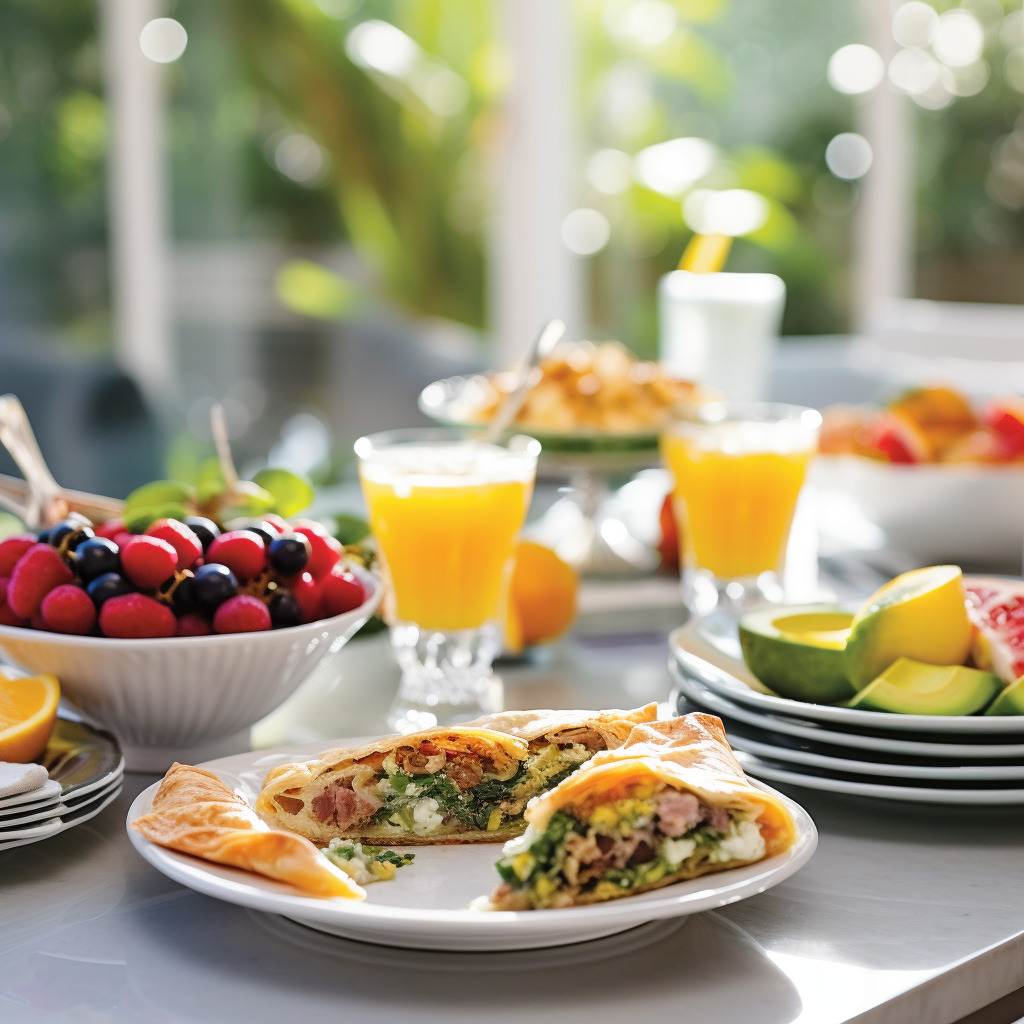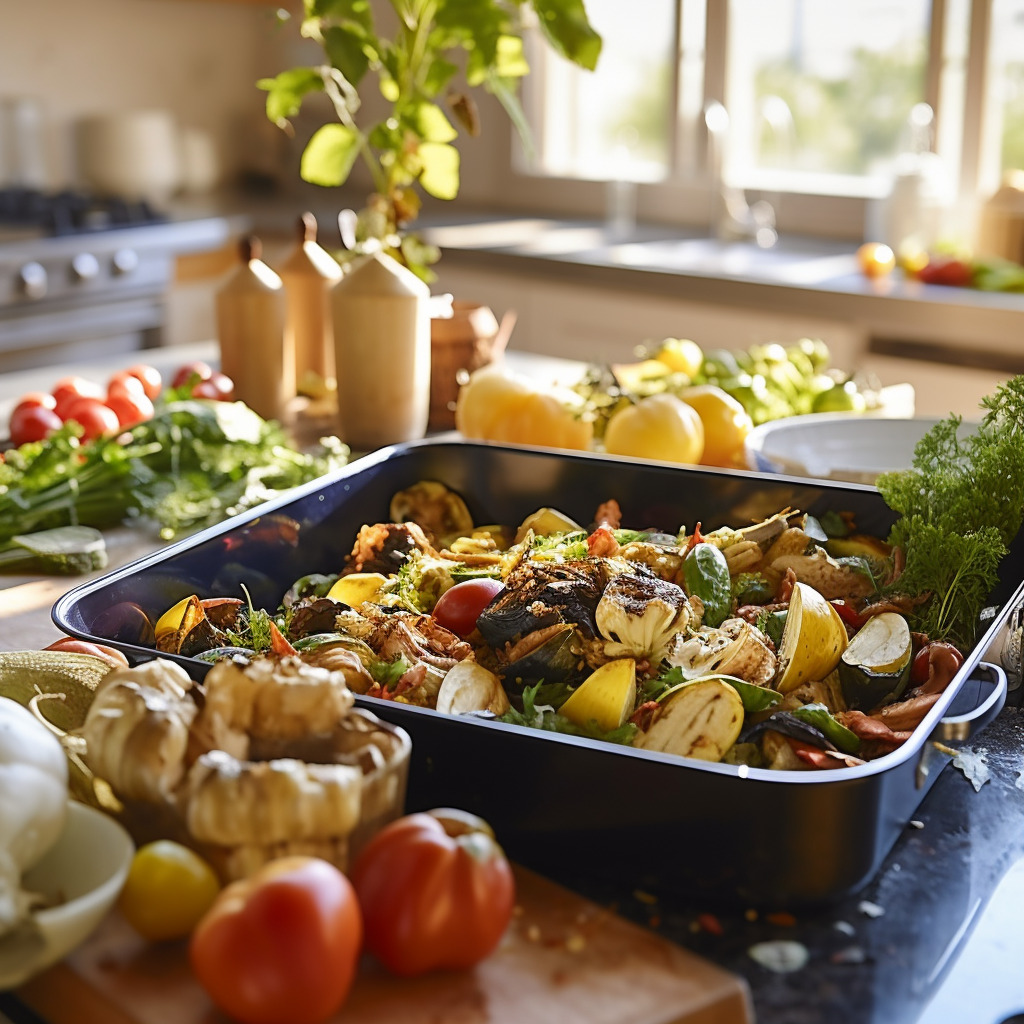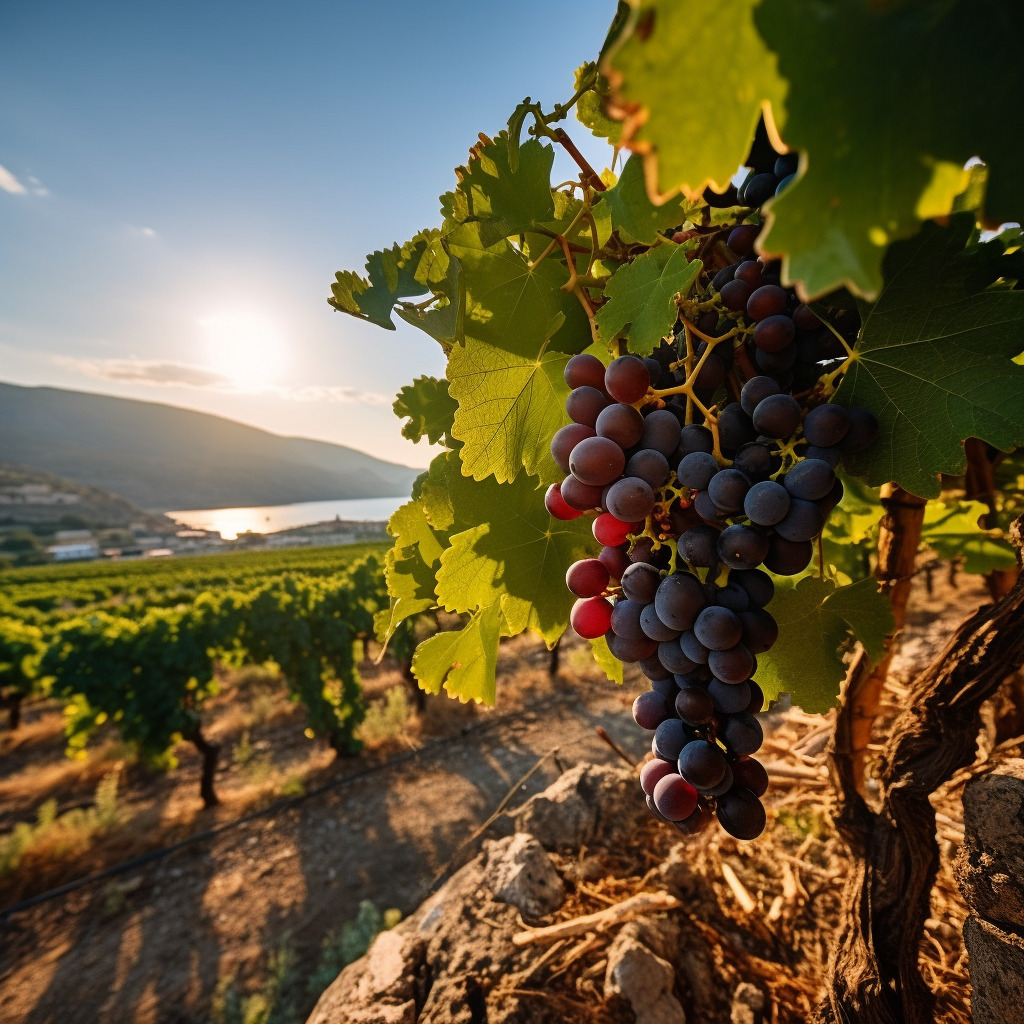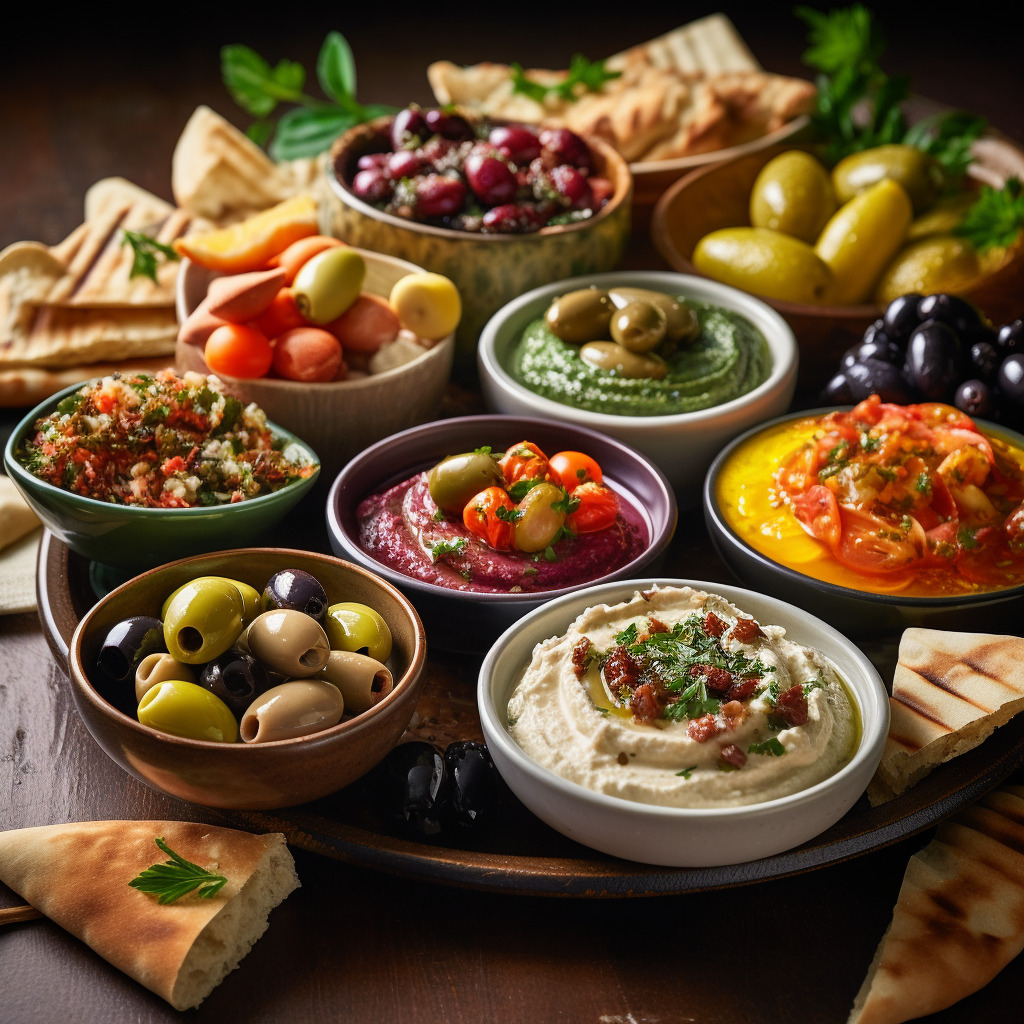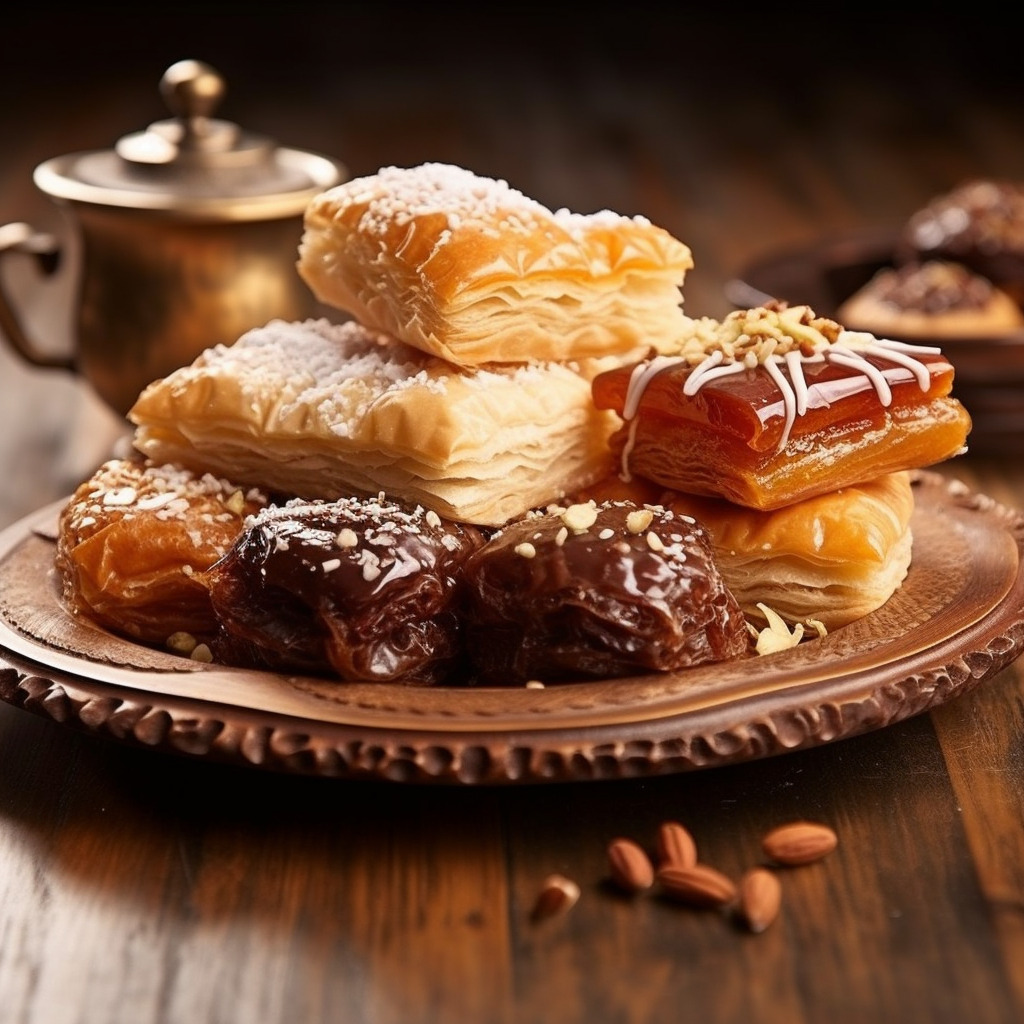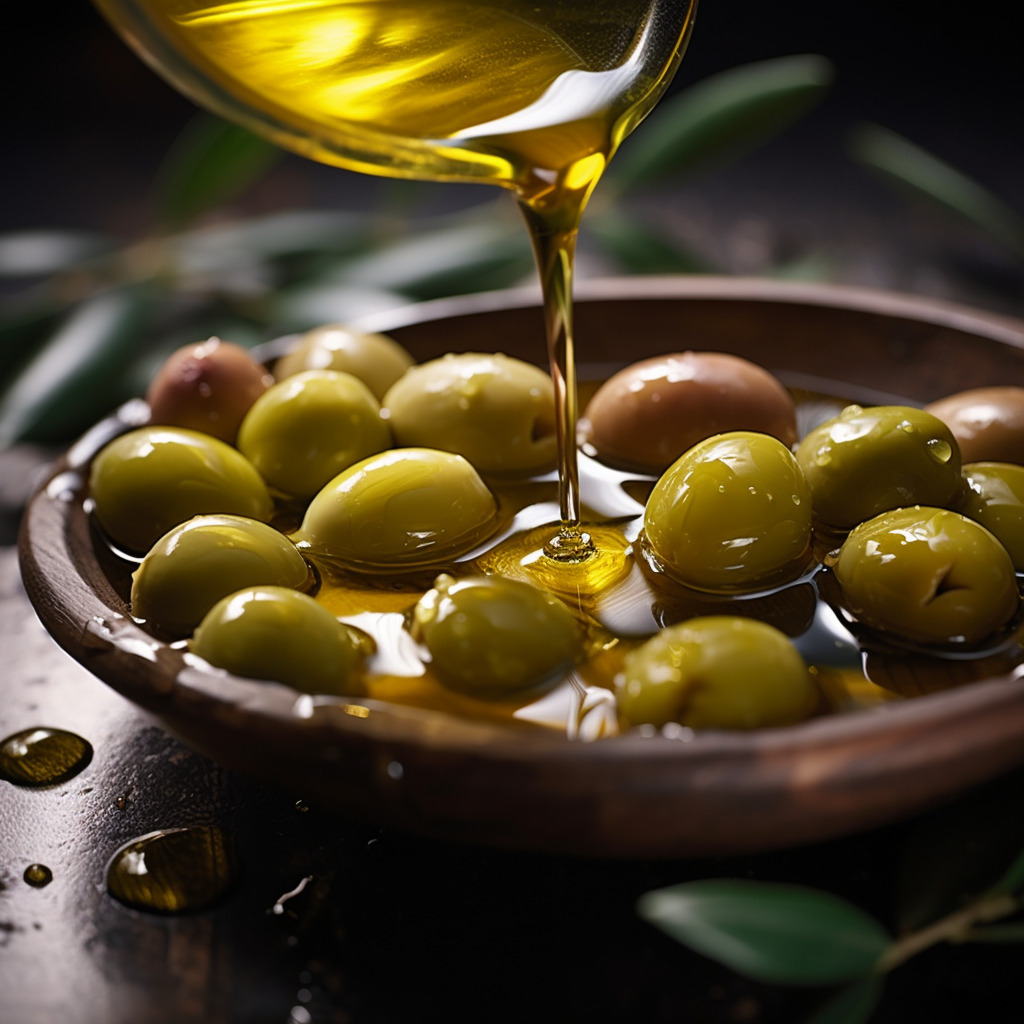Savor the sweetness of the Mediterranean and unravel the secrets of the tantalizing baklava. As we delve into the honeyed layers of this traditional dessert, let’s explore its historical roots, regional flavors, and the timeless techniques that have made it a staple of many cuisines worldwide.
Baklava, a masterpiece of the pastry world, carries the history of ancient empires in its flaky layers. Considered a dessert of royalty, baklava’s roots are often traced back to the kitchens of Topkapi Palace, where the sultans of the Ottoman Empire held court. As years passed, this sweet pastry traveled, absorbed local flavors, and evolved into diverse, yet equally delectable variations.
One such variation is pistachio baklava, beloved in the heart of Gaziantep, Turkey. Here, baklava is not just a dessert; it’s a testament to the region’s rich pistachio groves. The bright green pistachios, nestled between paper-thin phyllo layers, are a sight to behold and a flavor to savor. For the Gaziantep locals, their pistachio baklava is a symbol of their region’s bounty and a deeply embedded part of their culinary identity.
Venture to the Greek islands, and you’ll encounter a different take: walnut baklava. Though the Greeks also lay claim to baklava’s origin, their variation is distinct, opting for walnuts in place of pistachios. Fragrant with cinnamon and clove, each piece is soaked in honey-sweetened syrup, creating a treat that’s simultaneously crunchy, chewy, and dripping with sweetness.
One may wonder, how does one embark on the journey of learning how to make baklava? The process, while time-consuming, is a labor of love. It involves crafting a mountain of layers using phyllo pastry, a filling of choice (be it pistachios, walnuts, or even almonds), and drenching the assembled pastry in syrup. The result? A dessert that transcends borders, carrying within it centuries of tradition and the essence of the Mediterranean.
The beauty of baklava lies not just in its taste but also in its ability to bring people together. It’s a dessert deeply intertwined with cultural celebrations and festive occasions. Whether it’s the end of Ramadan or a Greek wedding, baklava is a symbol of joy, celebration, and shared heritage.
Delving into the historical roots and cultural significance of baklava, we can see how food serves as a medium to understand our past and express our identity. Each bite of baklava is a window into the cultural significance of food, a story of tradition passed down through generations, and a celebration of global cooking techniques that continue to evolve.
As we journey through the world of baklava, we come to realize that food is not just sustenance. It’s a bridge between cultures, a conversation starter, a bearer of traditions, and a vessel for memories. In the layers of baklava, we find not just the sweetness of honey and the crunch of nuts but also the rich tapestry of our shared culinary heritage.
This rich heritage is reflected in many traditional recipes that have stood the test of time and remain a testament to the cultural significance of food. From the streets of Istanbul to the Greek Islands, these recipes remind us of our shared history and the diverse flavors that have shaped cuisines worldwide.
As we continue our journey into the heart of culinary traditions, we’ll explore other global cooking techniques and the stories they tell. From the simple act of kneading dough to the complex art of sushi rolling, each technique is a testament to our shared human experience and our enduring love for food.
So next time you take a bite of baklava, remember the journey it has taken to reach your palate. Every layer tells a story, every crunch sings of a tradition, and every sweet note is a testament to our shared culinary heritage.
Greek-Inspired Brunch: A Feast Fit for the Gods
Sustainable Cooking: Reducing Waste in Your Greek Kitchen
Captivating Greek Wines: Toasting to Ancient Vines
Meze Madness: The Art of Greek Appetizers
Mouthwatering Greek Desserts: Beyond Baklava
The Ultimate Guide to Greek Olive Oil: Liquid Gold in Your Kitchen
Copyright © 2023 www.gyroshousetx.com
720 W Division St, Arlington, TX 76012
(817) 460-4824
